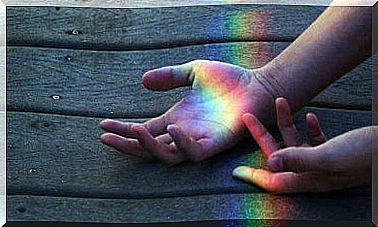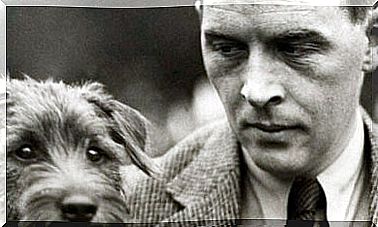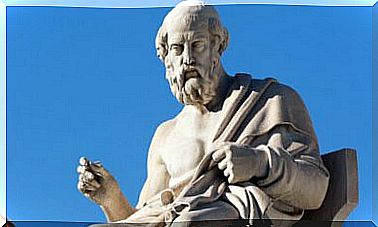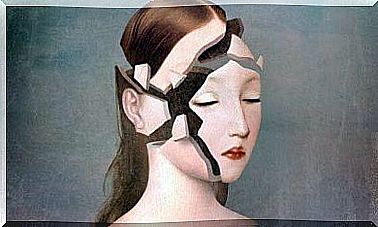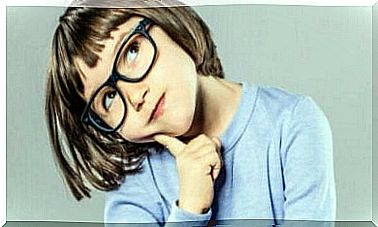The 7 Best Quotes By Karl Popper
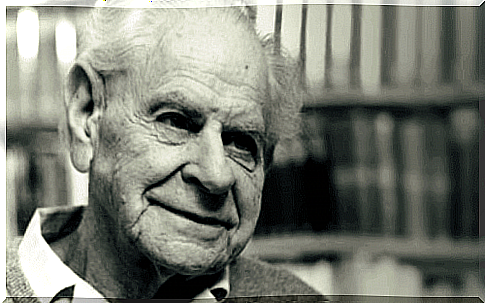
Karl Raimund Popper was born in 1902 in Vienna, Austria, and died in 1994 in London. He witnessed virtually the entire 20th century and he was also one of its greatest critics. He was a philosopher by profession, but he saw teaching as his calling. He was one of today’s most brilliant thinkers, and his quote proves this.
Popper has been called the father of critical rationalism. He devoted his life to questioning modern thinking. Some of his contemporaries gave him the nickname “the master of common sense”, and it was a name he honored.
He was critical of scientific methodology, Marxism, Semitism, metaphysics and everything that formed the sphere of thought during the 20th century. He was much more appreciated in England than in his homeland, where he was awarded a title of nobility. Here we will present some of Karl Popper’s best quotes, so you can learn to understand his thoughts better.
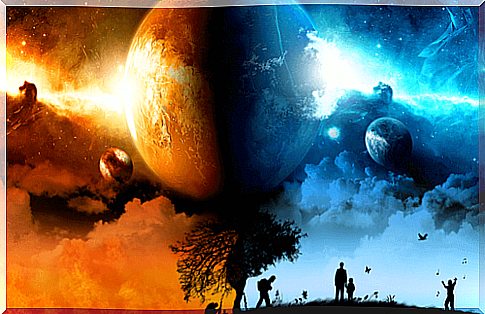
1. Heaven and hell
Popper says, ” Those who promise us a paradise on earth have never created anything but hell.” This is a sharp critique of idealism and its zeal for perfect perfection or satisfaction.
In society, the search for perfect realities has given rise to the most radical manifestations of fascism. In our individual lives, the desire for the ideal only leads to frustration. Therefore, Popper may be right when he suggests that paradise and hell are two sides of the same coin.
2. Change
Sometimes we think of the world, reality and ourselves as if everything were static and immutable. But even inanimate objects change all the time. Therefore, Karl Popper claimed that: “If God had wanted to arrange everything in the universe from the beginning, he would have created a universe without change, without organisms and evolution, and without people and people’s experience of change. But he seems to have considered that a living universe, with events that not even he himself could expect, would be more interesting than one that was dead . ”
With this statement, he reminds us that nothing remains the same from second to second. That everything is constantly changing. Consequently , reality as such is elusive, and we can only capture moments or parts of it.
3. How reason works
For this philosopher, the main merit of reason lies in its openness. Based on this premise, he does not hesitate to say that: “When I speak of reason or rationalism, I only refer to the belief that we can learn through criticism of our mistakes and mistakes, especially through criticism from others, but ultimately also through self-criticism.”
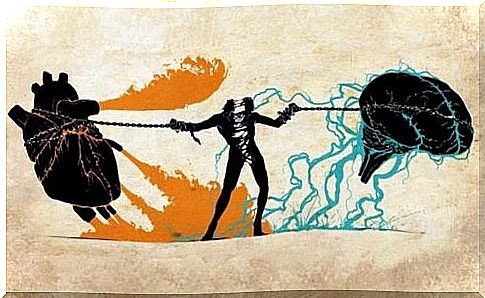
In this declaration , he emphasizes the uncertainty and fluctuation that are linked to reason. He objects to the use of absolute ideas. Instead, he believes that we should explore and search for the explanation for our thoughts.
4. Equality
Regarding equality, which was an issue that was at the center of modern view from the 18th century to the 20th century, Popper notes the following: “… freedom is more important than equality; the attempt to realize equality jeopardizes freedom ; if freedom is lost, there will not even be equality among the unfree. “
This is one of Karl Popper’s quotes in which he emphasizes that freedom has a higher value. That equality is related to freedom, and freedom will always be the deciding factor.
5. Freedom and security
Freedom and security are always in interplay with each other in terms of power relations. We often discuss the gap between the two. The paradox is that total freedom poses a danger to stability, while strict security reduces freedom. An example of the latter is when a government issues a “state of emergency” when it faces a threat.
In this regard, Karl Popper says: “We must plan for freedom, and not just for security, if for no other reason so that only freedom can make security safer. “ With this, he decides the debate in favor of freedom. He believes that true security can only occur when there is true freedom.
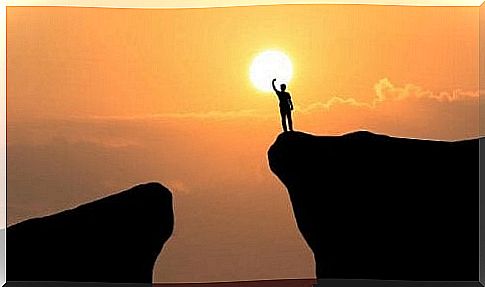
6. Independent
The openness of a society is directly associated with freedom of thought and moral independence or autonomy. This is what Popper has to say on this point: “The open society is where people have to some extent learned to be critical of the taboo and to make their decisions based on a belief in their own intelligence.”
It is interesting to note that Popper does not completely reject taboos. That is why he says that we should be critical “to some extent”. This philosopher was convinced that reason should not criticize anything but science. On the other hand, he attaches great importance to the idea that people must conform to their own intelligence and not to any external authority.
7. Science
This wonderful reflection by Popper highlights what distinguishes science from other kinds of knowledge: “But science is one of the few human activities – perhaps even the only one – where errors are systematically criticized and relatively often, after a while, corrected. Thus we can say that in science we often learn from our mistakes and that we can talk clearly and sensibly about making progress. ”
This approach is very interesting. Some religions and political views present themselves as flawless. Science surpasses them precisely because it is largely self-critical.

Karl Popper had an invaluable virtue for philosophers: he was intellectually honest. And he showed a sincere desire to present reasoning and ideas that would give him a true picture of reality. He had an incredible influence and he left a lasting legacy in the history of philosophy.

